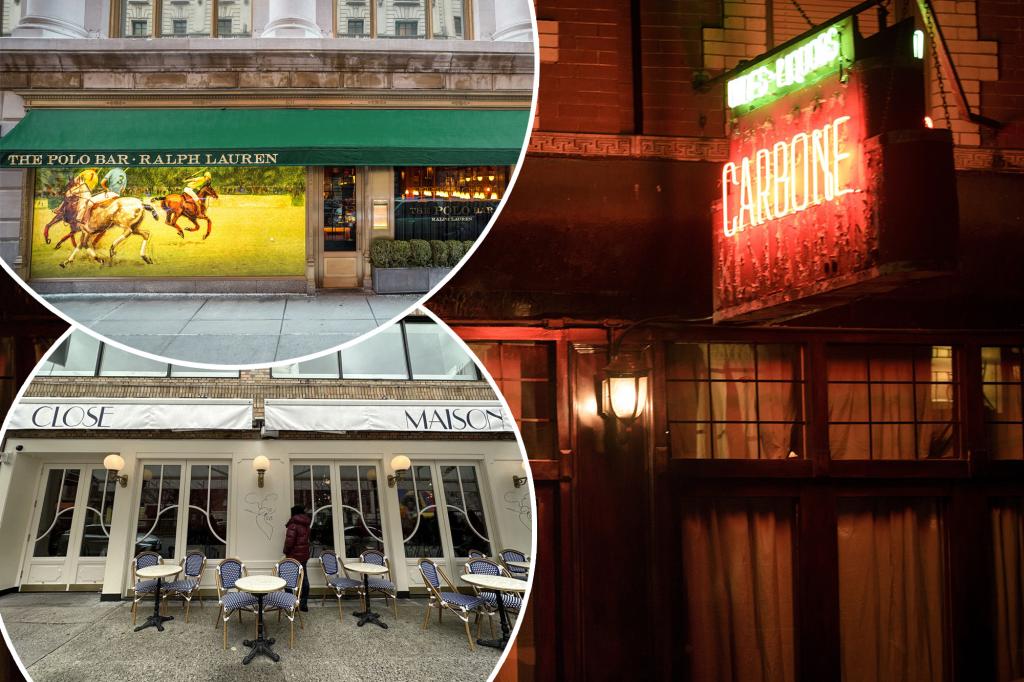Dining out in New York City has become increasingly competitive, with a high demand for tables at popular eateries. An elite network of resellers has emerged, making tens of thousands of dollars annually by scalping reservations. One such scalper, Alex Eisler, a student at Brown University, has made $70,000 by creating fake identities and selling reservations. Resale sites like Appointment Trader have also profited immensely, with a reported $6 million in sales last year. Even celebrities like Justin and Hailey Bieber have been reported to use the backdoor system to secure reservations.
Many individuals are willing to pay top dollar for reservations to exclusive restaurants, with some paying up to $1,000 for the chance to dine at sought-after establishments. Other individuals have turned reservation scalping into a side hustle, earning thousands of dollars with minimal effort. However, this emerging trend has raised concerns among restaurant owners and managers. Many establishments have implemented measures to combat scalping, as it can make it harder for regular customers to secure reservations at popular restaurants.
Reservation scalping has impacted various restaurants in New York City, including Michelin-starred venues like Yoshino and elite locations like Le Bernardin. Celebrity chef Eric Ripert has expressed frustration over fake reservations and the impact they have on restaurant profitability. Some restaurants have even had to deal with bots designed to check for last-minute openings, causing financial strain on these establishments. The issue of reservation scalping has made it increasingly challenging for everyday diners to secure reservations at their desired restaurants.
The practice of reservation scalping has become a significant concern for the hospitality industry in New York City, as it threatens the accessibility of popular restaurants for regular customers. Restaurant owners and managers are actively working to prevent scalping and ensure that reservations are available to genuine diners. The impact of reservation scalping can result in lost revenue for restaurants, especially if no-shows occur due to fake reservations. As the issue continues to grow, restaurants are implementing strategies to combat scalping and protect their business interests.
Despite efforts to combat reservation scalping, the practice remains prevalent in New York City, with individuals continuing to profit from reselling reservations. Many scalpers have built lucrative businesses by exploiting the high demand for reservations at top restaurants. While some customers are willing to pay exorbitant fees for reservations, others are left frustrated by the lack of accessibility to popular dining spots. As the hospitality industry grapples with the challenges of reservation scalping, the issue remains a persistent problem that requires ongoing attention and action.


